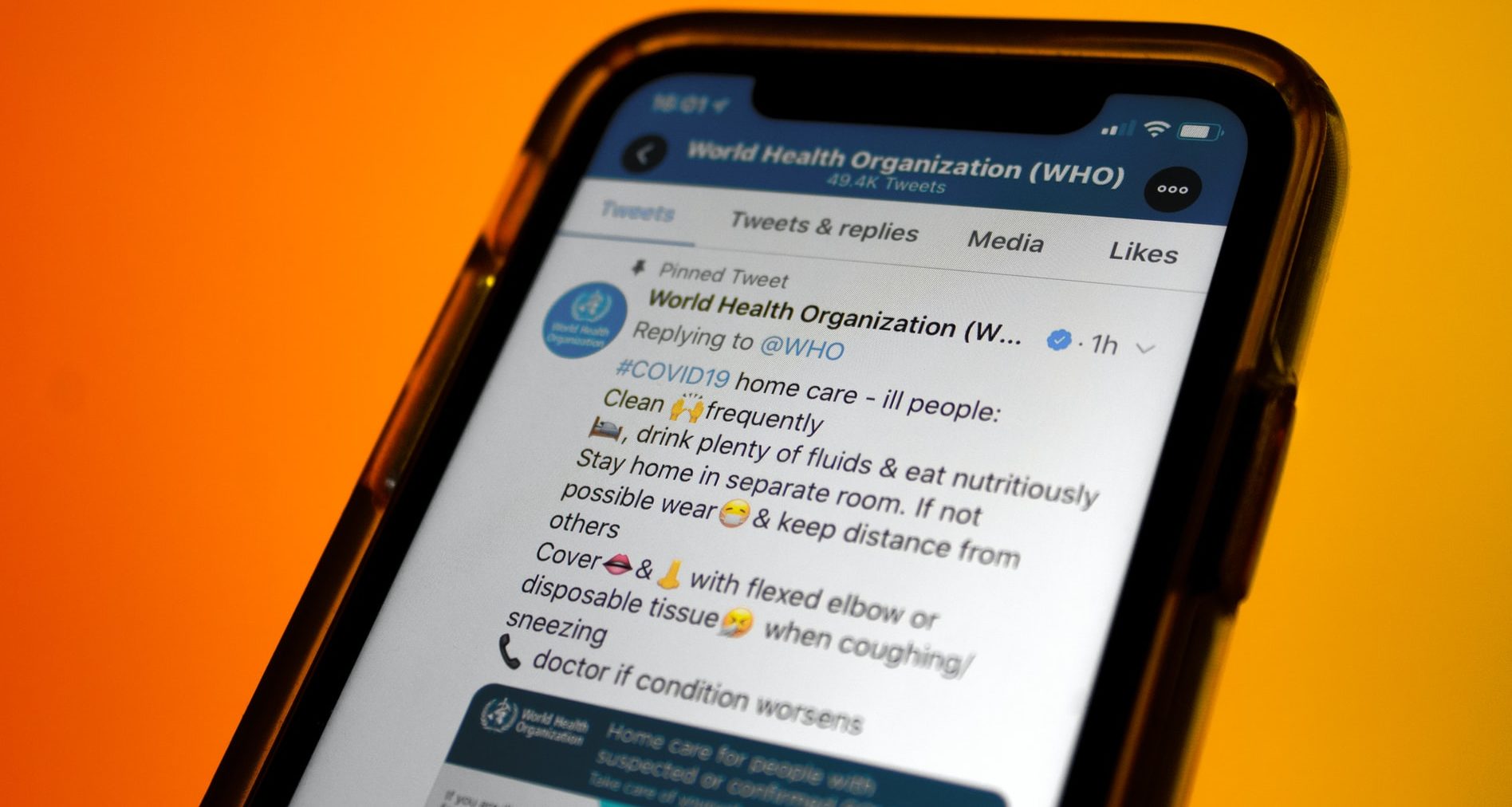Greetings from the board of husITa to our friends and followers across the world. In these extraordinarily difficult times we send solidarity to all workers in essential human services. Your work in support of your populations has never been so needed and valuable, even when some political elites fail to recognise this.
Our good wishes also go out to human service educators, researchers and students many of whom are grappling with new ways of managing significant disruption to their working and family lives.
Pandemics are not new events in human history. What is genuinely unprecedented about the present one is the use of communications technology to spread information (and disinformation) about the virus, and to enable people to continue to work, study and connect whilst maintaining the necessary physical distancing protocols.
Statistics on the sudden, massive shift online are extraordinary with some providers citing a 50% increase in traffic. At the same time, whilst internet outages have been increasing, for the most part, the network seems to be remarkably robust. Of course, from a social justice perspective, it’s important to recognise that digital connectivity remains deeply divided between population groups and countries worldwide.
There are also many ethical and human rights issues associated with the massive scaling up of connectivity. These issues have always been present but seem to be gaining greater media attention. The recent debacle about the privacy concerns associated with the Zoom video conferencing application is one example, the uses of geolocation data captured by mobile apps is another.
There is a glut of information on COVID-19 flooding your in-trays right now from governments, medical providers, private companies, professional associations and employers. HusITa has no intention of adding to that flood but we considered that it might be helpful to curate a few of the best resources on COVID-19 and human service technology for human service workers. We identify these below.
Resources for human service workers
Guidelines for social workers during the Covid-19 pandemic: This resource isn’t really about technology but offers some helpful general guidelines on responding to COVID-19.
NASW, ASWB, CSWE & CSWA Standards for Technology in Social Work Practice: These standards, although developed in the US, are essential reading for all human service workers using technology.
Digital capabilities for social workers: UK guidelines on the professional uses of digital technology.
How to keep your Zoom chats private and secure: An article by Wired.
Resources for human service educators
Tech-based assignments for remote teaching & learning in social work: A compilation of resources for educators provided by Laurel Hitchcock in response to the pandemic.
16 Answers to your questions about teaching online: A free resource from SAGE for educators moving online during COVID-19
How to teach online: Providing continuity for students: A short course on working online provided by FutureLearn.
Resources for human service researchers
All three of the following resources were identified by the sociologist Deborah Lupton on her blog.
Conducting fieldwork in a pandemic
Social research for a COVID and post-COVID world
Conducting qualitative fieldwork during COVID-19
Finally, to all of our colleagues worldwide: stay safe, stay well and stay strong. Thank you for your work.
The husITa Board.
